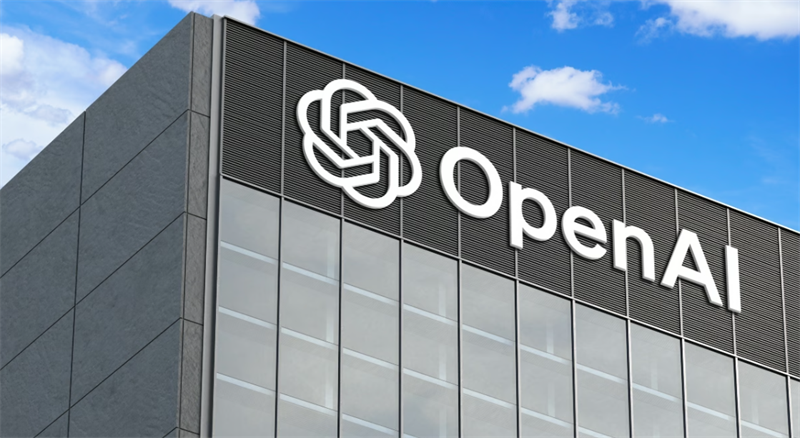OpenAI is advancing its chip strategy with a collaborative approach, leveraging partnerships with Broadcom and Taiwan Semiconductor Manufacturing Co. (TSMC) to produce a custom chip for artificial intelligence (AI) applications. This strategic move, part of an effort to diversify its AI infrastructure, could make OpenAI less dependent on Nvidia's high-demand GPUs. OpenAI initially considered establishing its own foundries, but it has opted instead to focus on in-house chip design alongside Broadcom, a global leader in application-specific integrated circuits, which also works closely with Google on similar projects.
OpenAI's planned chip will focus on inference, enabling AI models to process user requests post-training. Demand for such inference chips is projected to grow substantially as companies deploy more AI applications. The custom chip, developed with TSMC and Broadcom, is expected to be manufactured by 2026, though this timeline is subject to change. The move also aligns with OpenAI's broader plans to utilize AMD's MI300X chips alongside Nvidia's GPUs to diversify its computing capacity.

In parallel, OpenAI is also exploring new partnerships and investments in data centers, potentially involving global investors to support the vast computing resources required for its AI operations. CEO Sam Altman recently emphasized the need for more data centers, suggesting a push toward further infrastructure expansion.

Broadcom's stock jumped 4.5% following news of the collaboration, underscoring investor confidence in the project. This new direction positions OpenAI to better control its chip supply and manage escalating infrastructure costs, marking a strategic shift for the company in its competition with major players like Google, Meta, and Amazon.
+86 191 9627 2716
+86 181 7379 0595
8:30 a.m. to 5:30 p.m., Monday to Friday
